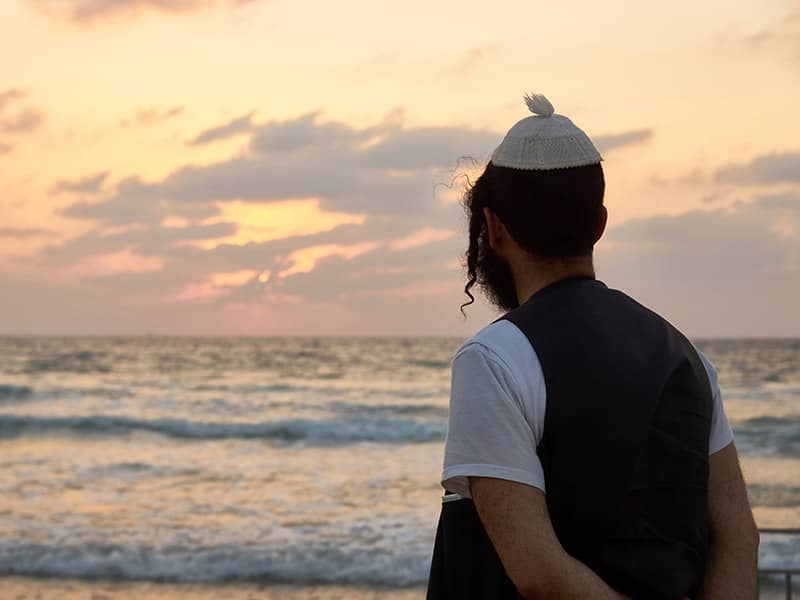Paris, Jan. 21 - When the pope called with a delicate request, Paris Archbishop Jean-Marie Lustiger hesitated at first. Pope John Paul II wanted Lustiger to represent him at ceremonies to mark the liberation of Auschwitz.
Lustiger, a Jewish convert to Catholicism, lost his mother at the concentration camp.
"I thought for 30 seconds, and I said yes," Lustiger said. "It's difficult for me, but I'll say yes."
Next Thursday, 60 years to the day after advancing Soviet troops liberated Auschwitz, world leaders will pay their respects at the former death camp in Poland. Between 1 million and 1.5 million prisoners-most of them Jews were killed in gas chambers there or died of starvation and disease.
The 60th anniversary carries special weight, as few survivors are likely to be alive for the 70th.
Lustiger, 78, will attend out of a sense of duty to the Church.
"I have been once in my life to Auschwitz. I don't want to return, because it is a place of death and destruction," Lustiger told reporters before his trip. "If I am going, it is because the pope asked me."
Lustiger visited the camp in 1983. Asked what Auschwitz means to him, he makes a list: "Murder, extermination, sin, the sin of men, horror, the madness of sin."
Lustiger was never sent to a concentration camp. But "I could have and should have been deported," he said.
As a teenager, Lustiger went into hiding from the Nazis in Orleans, south of the capital. There, Lustiger, who was not a practicing Jew, converted to Catholicism in 1940 at the age of 14.
While Lustiger's father brought the children to safety, his mother stayed behind in Paris to tend to the family hosiery shop.
She was rounded up by the Nazi occupying forces, who sent her first to the Drancy transit camp outside Paris and then on to Auschwitz.
Lustiger was ordained a priest in 1954. Despite his atypical background, he rose through the Church hierarchy to become the public face of Catholicism in France.
In public, Lustiger has rarely addressed his mother's death, or the deaths of 30 to 40 other family members on his father's side who also died at the hands of the Nazis.
Lustiger says he saw the tragedy coming, though he was just a child. He spent several months in 1936 and 1937 with host families in Germany to learn the language.
Though his hosts were anti-Nazi and knew that he was Jewish, others did not realize his identity, Lustiger said.
In Germany, Lustiger said, he met children in the Hitler Youth who told him: "We will kill all the Jews."
"I was sure they would do what they said they would do," Lustiger said. "Nobody around me wanted to believe me."

